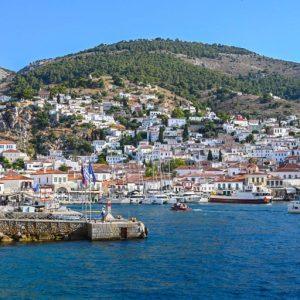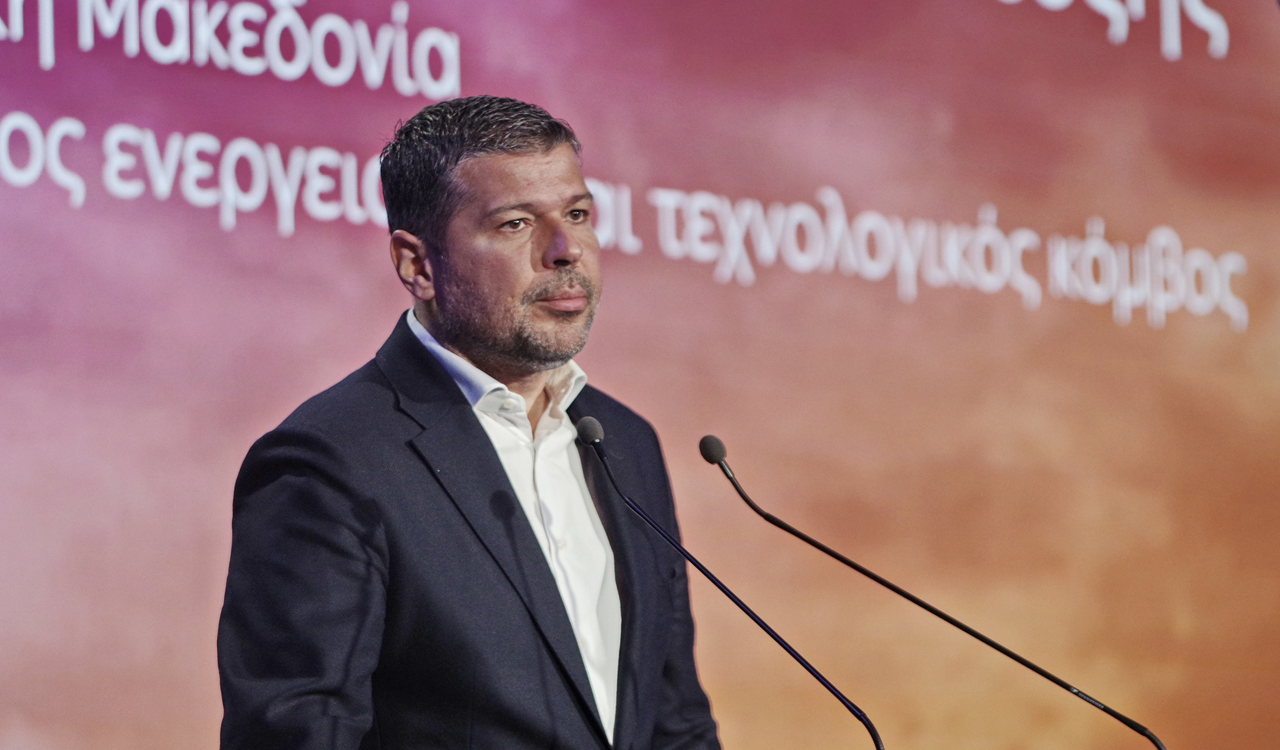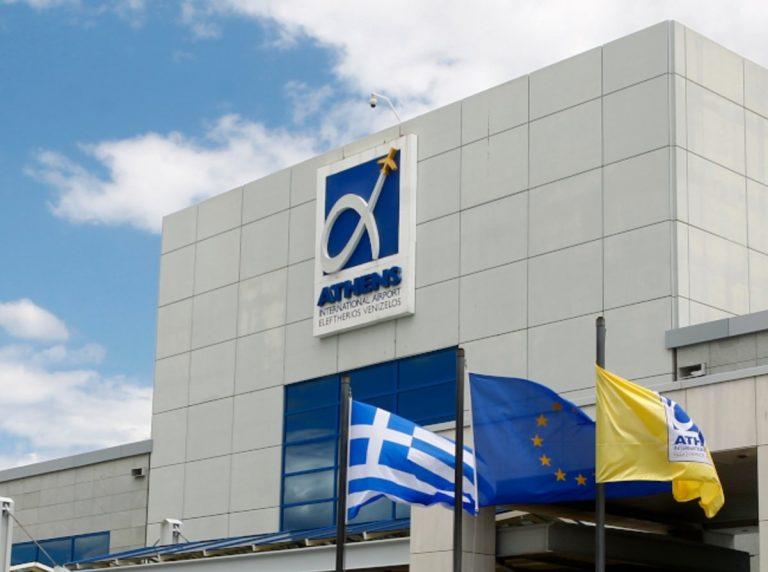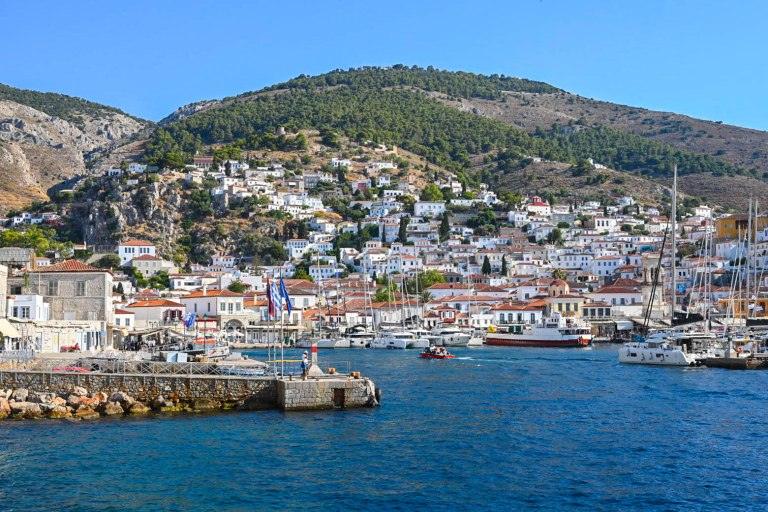The direct contribution of tourism to the Greek GDP in 2022 is estimated at €24 billion, equivalent to 11.5%, with five regions representing nearly 90% of the country’s revenues, three of which are purely tourist regions, according to a study by INSETE, a non-profit organization promoting the tourism sector.
As the study notes, these figures reflect the resilience and dynamism of the tourism sector, as 2022 marked the exit from the pandemic, despite facing initial months and related restrictions. The Southern Aegean, accounting for 27% of revenues, Crete with 21%, Attica with 17%, the Ionian Islands with 15%, and Central Macedonia with 9%, collectively contribute to almost 90% of the total tourism revenues.
The report refers to 18 strategic directions at the national level from the grouping of Actions in the study by INSETE titled “Greek Tourism 2030 │ Action Plans.”
Key Findings:
Based on the report, the majority of the country’s tourists arrive by plane, followed by road arrivals, with minimal percentages for arrivals by ship and train. The trend in air arrivals has strengthened since 2019, increasing from 66% to 76% in 2022, while other categories saw a decrease: by car from 31% in 2019 to 22% in 2022, by ship from 3% in 2019 to 2% in 2022, and train from only 0.02% in 2019 to 0.01% in 2022. However, it’s essential to note that 2022 was not a “normal” tourist year.
Regarding the seasonality of Greek tourism, the bulk of arrivals traditionally occurs in the third quarter, with the July-September period gathering 56% of the country’s visitor arrivals, based on both 2022 and 2019 data.
The aim is to identify critical areas of intervention in the sector, emphasizing the urgent need for the public and private sectors to join forces and collectively ensure the competitiveness and future, sustainable growth of Greek tourism.
Source: tovima.com







































